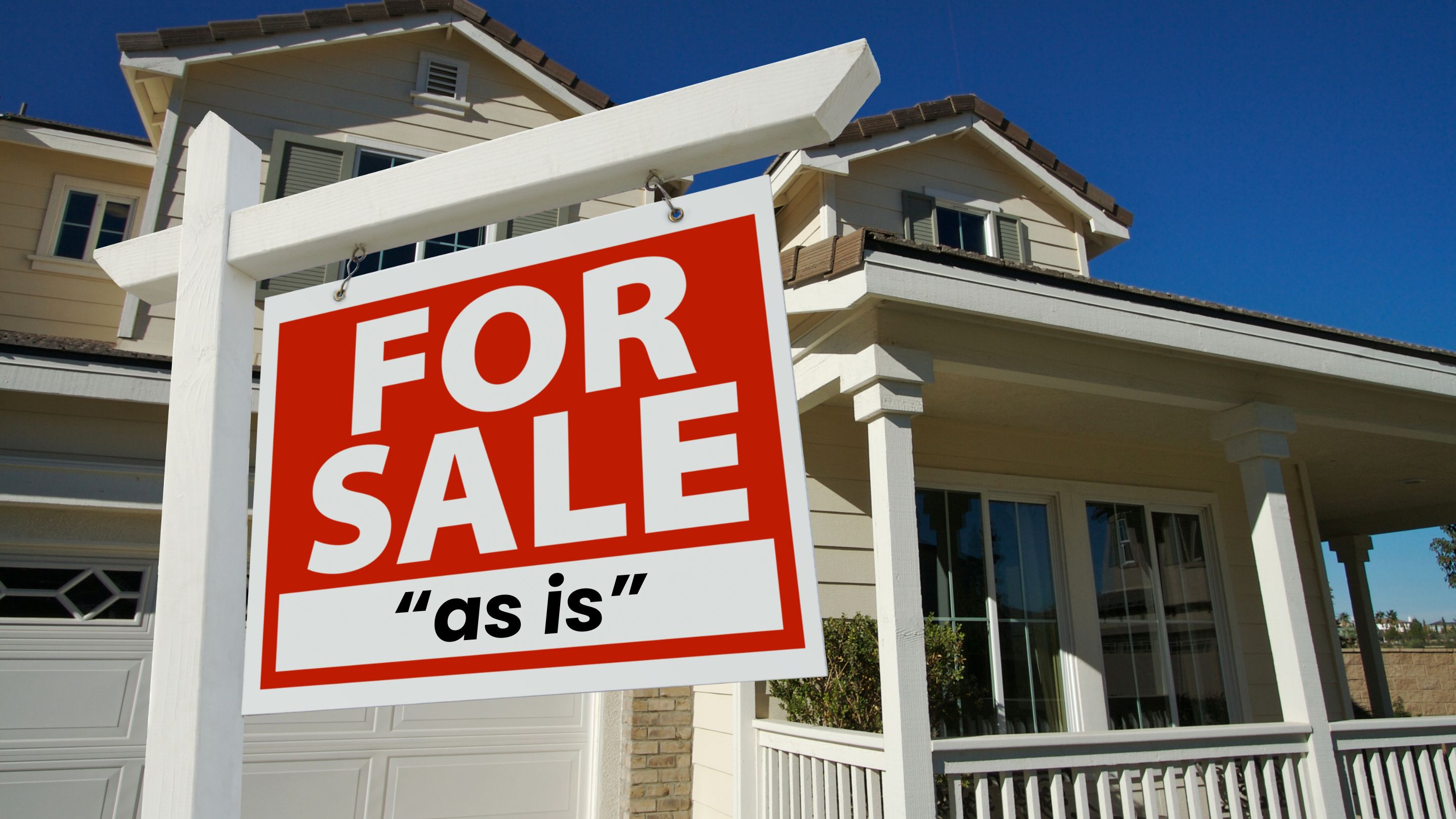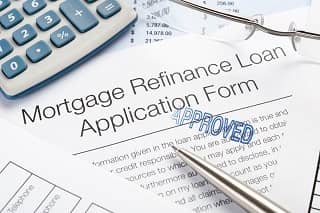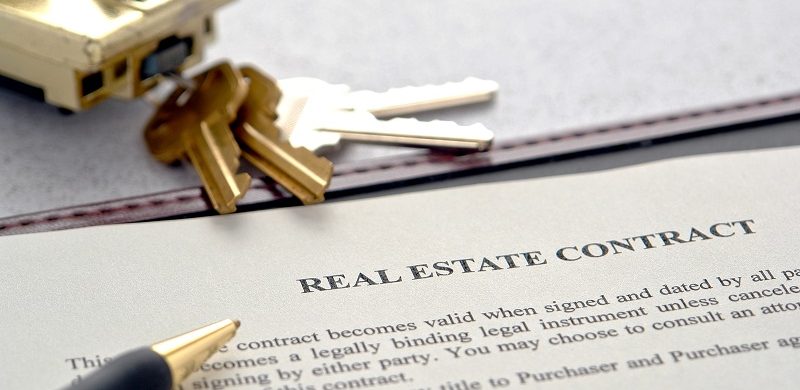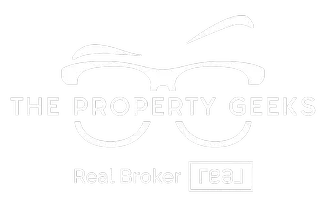The Truth About: Foreclosures and Other Distressed Properties
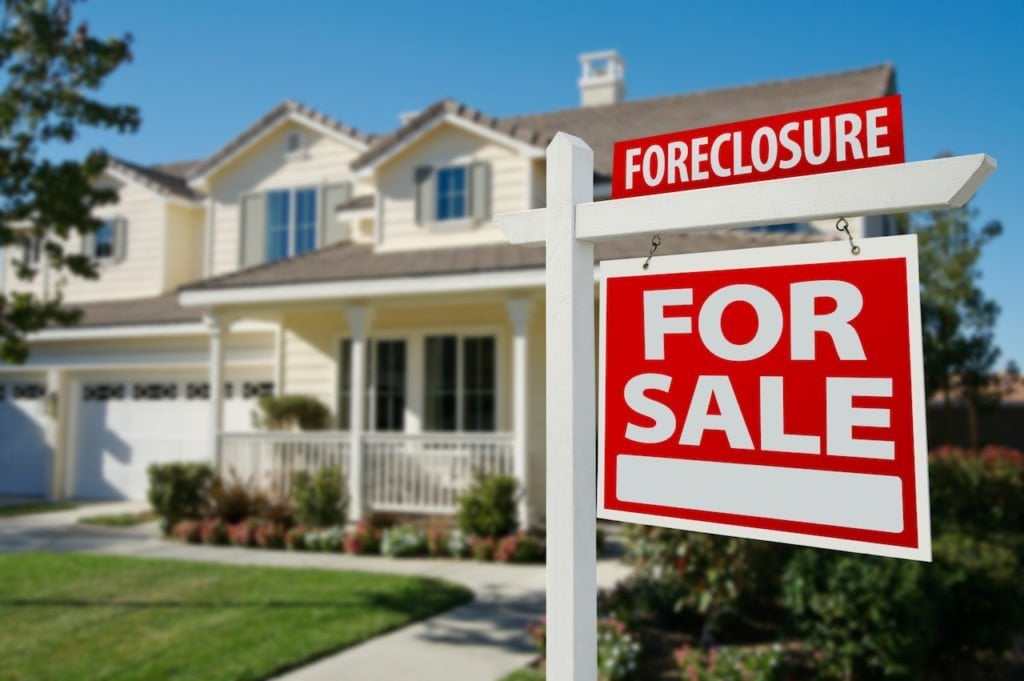
Buying a house in foreclosure or another type of distressed property, is often touted as a way for both owner-occupants and investors to get a great deal on a house. However, the potential financial rewards come at a price.
What is a distressed property?
Distressed properties come in many forms, each requiring its own unique approach. A distressed property is typically a property that is on the verge of going into foreclosure or already under the control of a bank or lender, a property thats ownership is in question, or the property needs significant repair. Although distressed properties can come in many forms, below are a few of the most common examples of a distressed property:
1.) Foreclosures & Preforeclosures
Foreclosure is the process in which the home is being repossessed by the bank. Preforeclosure is the first step in the foreclosure process where the homeowner still has the opportunity to bring their loan current or "redeem" their home before fully losing it to the bank. It can take several months for the mortgage lender to hire an attorney, file for foreclosure in court, and schedule an auction date. Most defaulting homeowners either sell their home or redeem it before this time.
Once a foreclosure is finalized, the lender is the legal owner of the property. At that point, the home could be put up for sale through a foreclosure auction or foreclosure sale. Not many properties actually sell at a foreclosure auction, but they can be found in your local legal bulletin. If the home is not bid on or purchased in the foreclosure auction - see REOs below.
2.) Short Sales
A short sale occurs when a new buyer purchases the property for less than what the current owner owes on the home loan. Tyically this happens when the homeowner is upside down on their loan. In other words, when the homeowner owes more than what the home is worth - some homeowners feel an incentive to pursue a short sale to avoid the foreclosure process.
3.) REOs
An REO (Real Estate Owned) property becomes available when the property doesn't sell during an inital foreclosure auction. If no one bids on or purchases the home during an auction, the lender or investor retains the property until a sale occurs. Meaning the bank buys back the property, can assess the physical condition and market value for the home. In some cases, you'll hear and REO property referred to as a "bank owned property".
4.) Abandoned or Neglected Properties
When owners lose interest in a property, it sometimes can quickly become visibly obvious. Deferred interior and exterior maintenance starts to pile up and sometimes you can even tell from the street... Some of these owners stop paying their mortgage or property taxes and end up in a foreclosure or tax sale, but not all do - some may not even have a mortgage at all.
Some of these owners could be tired landlords, disinterested heirs or financially troubled homeoweners. If this is a route someone wanted to take, it's best to catch the current homeowner(s) prior to the home going into foreclosure or a tax sale.
The Pros & Cons of Buying a Distressed Property
If you've considered purchasing a distressed property, there are a lot of advantages and disadvantages to consider. Each of these can help you understand if a distressed home is the right fit for you.
Pros
- Below-market value sales price: The largest reason many homebuyers are interested in persuing a distressed property is the lower price tag. Everyone likes a great deal and this is usually the driving force for borrowers to look into distressed properties.
- Potential for high profits when reselling: After getting a massive discount on the purchase of the home, the buyer would then have the opportunity to renovate and sell the home for significantly more than what they paid for it.
- The possibility of buying a home in a desireable neighborhood: You know what they say, "buy the worst house on the best street". Hightly desireable neighborhoods tend to appreciate in price much better than other areas. So, if you end up staying in the home, you'll reap the benefits of living in a prime location while increasing equity.
Cons
- Unexpected repairs/renovation costs: In some cases, you may not be able to have a home inspection prior to buying the home nor would you have sufficient access to information on the condition and past maintenance on the home. This can lead to costly repairs that weren't accounted for when deciding on making the purchase. As a result, you can end up spending a lot more money on repairs and renovations than you initially expected.
- Vindictive damange or Lack of maintenance: In a lot of cases homeowners with a distressed property are in a tight spot. Whether that be they're being forced out of the home or they don't have the means to take the proper care of it. Sometimes this creates anger and they take it out on something - usually this something is the home itself. Vidictive damage can be done in many ways but a few examples are, flooding the basement, punching holes in every cabinet and door, ruining the floors or even pouring concrete down the drains.
- No guarantee the property will sell or that a resale would be profitable: As with any property flip and resell, there is always the risk that the house won't sell at all or if it does, it won't be profitable.
- Financing a distressed property can be difficult: convincing a lender to borrow you money to purchase a distressed home tends to be one of the biggest obstacles. Sometimes the appraiser has difficulty accurately assessing the value, the home may have trouble qualifying for insurance (which is needed on a financed home), or the borrower doesn't have enough skin in the game to qualify.
Key Takeaway
Distressed properties can be a great investment - not only are you buying a home at a discount, but you can also add a lot of equity once any updates are made. However, there are also a lot of unknowns when buying a distressed home. It's very important to work directly with a professional when considering this option.
Categories
Recent Posts
